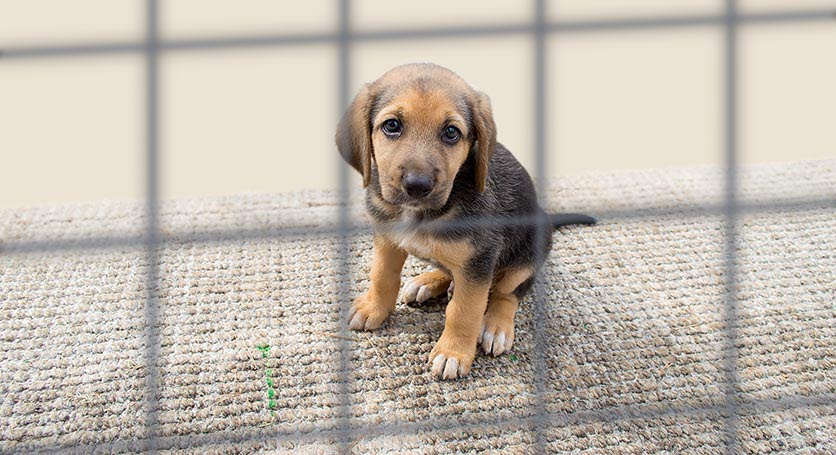
No one likes to think about their precious pet being stolen but unfortunately, pet theft is something we hear about from time to time so it’s important to know some of the things you can do to help keep your pet safe.
Why are pets stolen?
The motive behind stealing a pet is sadly and most often related to money, and this is why pure breed and ‘designer dogs’ are common targets. Thieves see value in these dogs as they can make money by re-selling them or breeding from them if they are not already desexed.
Smaller breeds like French Bulldogs, Boston Terriers, Chihuahuas and Pomeranians are popular among thieves as they are easy to ‘grab and run’ but larger and mixed-breed dogs may vulnerable too.
Here are some tips to help keep your pet safe and sound:
- Treat your pet like your child – we know you probably already think of your pet as a child but it’s a good reminder to never leave your dog unattended in a public space.
You wouldn’t leave your child in the car or tied to a pole while you dash into the supermarket, you should never do this with your dog either as this is an easy place for thieves to snatch your pet.
- Make sure your pet isn’t visible from the street and keep them safe and sound with good fences and secure gates. Try to restrict access to areas that may be in view of strangers (a backyard may be safer than the front yard for example).
- Keep dog doors locked - while these are convenient, they can allow your pet to venture outside unattended. Consider if it is safe for your pet to be left unattended outside.
- Check references if you are hiring a dog sitter or dog walker, ask for identification and read online reviews before you hand your pet over to just anyone.
- Make sure your pet is microchipped and that you have the paperwork that proves you are the owner. Microchipping is a must for any pet but you also need to make sure the details attached to the microchip are up to date with current contact details.
Your veterinarian can help you with this and can also scan your pet if you don’t know their microchip number.
- Desex your pet – this will make them less desirable to thieves as they will not be able to breed them (and reap the financial gains from selling their offspring.)
- Consider a tracking device – there are now devices that can be attached to your pet’s collar and linked with an app to notify you where your pet is at all times. Unfortunately, these can be bulky to wear and also removed by thieves, but the technology may improve with time.
What to do if you think your pet has been stolen
If you suspect your pet has been stolen, you should immediately report the theft to police.
You should also notify your pet’s microchipping company as soon as possible and they will put a “stolen flag" on your pet's record that will immediately alert any authorised user searching your pet's microchip number that this pet may have been stolen.
Contact local shelters and local veterinarians and notify them of the situation and your pet’s microchip number. This is especially important if your pet is brought in to one of these shelters or vet clinics.
It’s also a good idea to distribute fliers and spread the word on social media. There are now lots of missing pet groups on Facebook for example and the power of any shared images of a stolen pet may be too much for a thief to handle.
Finally, if you are taking ownership of a new pet you should ask questions about the pet’s history and where it has come from and get your veterinarian to scan for a microchip.
Whilst pet theft is a sad reality, with awareness and education we can help deter the thieves and keep our pets safe.
